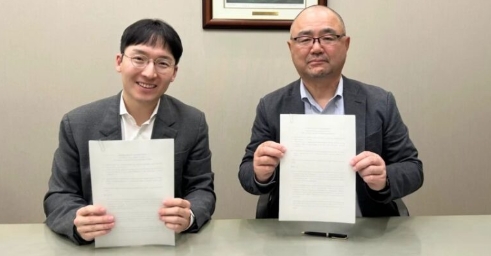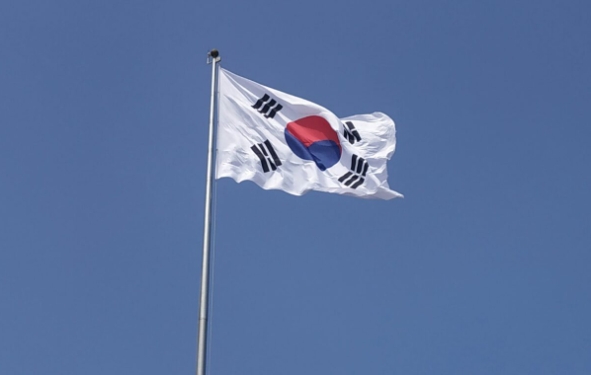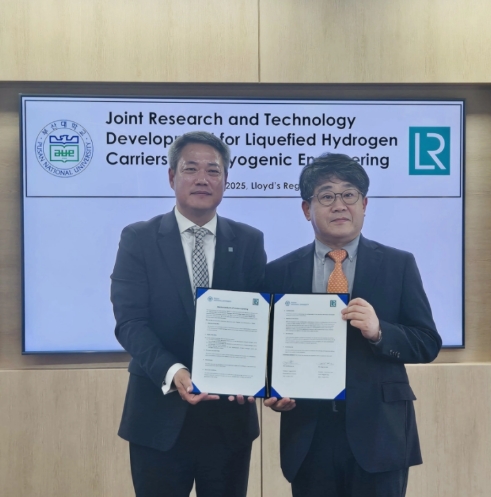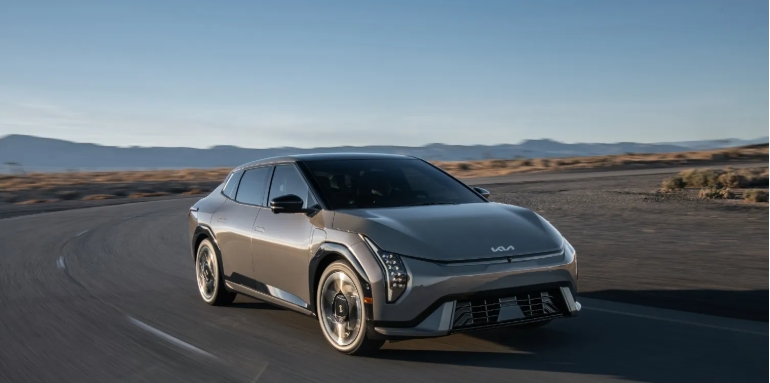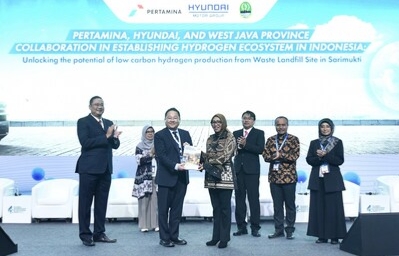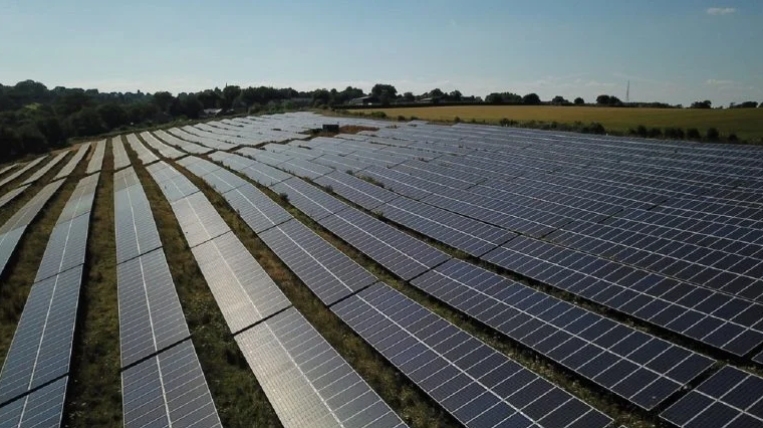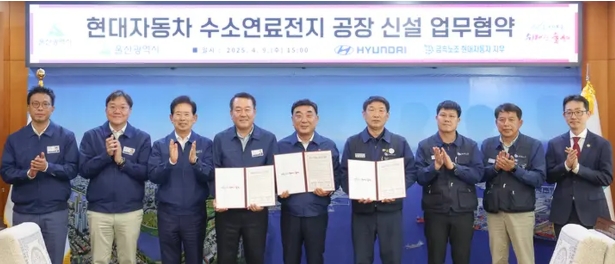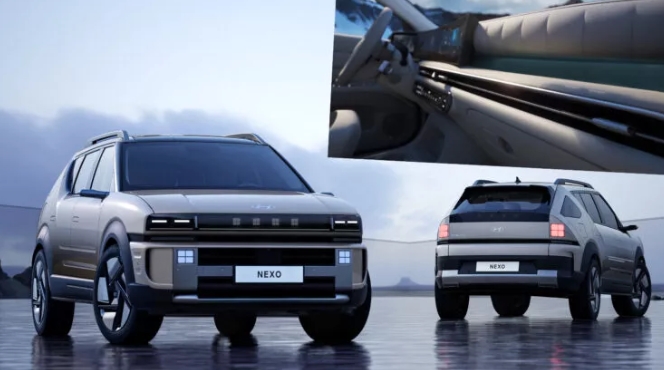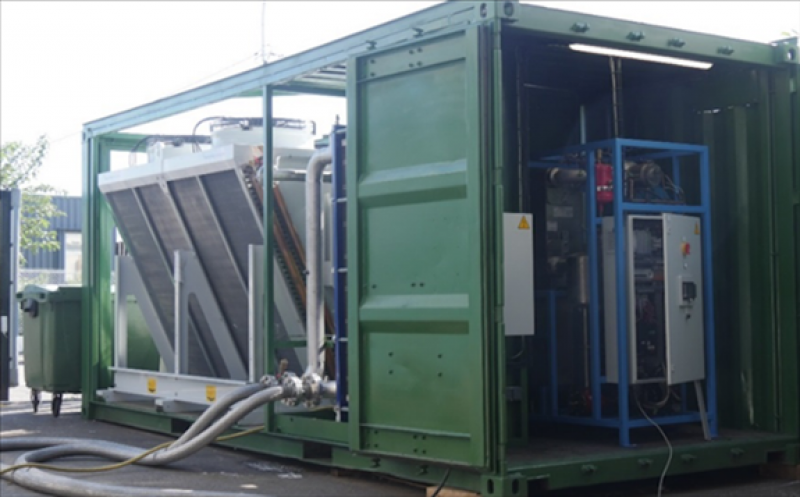 ORC unit by Enogia, France (source: MEET project website)
ORC unit by Enogia, France (source: MEET project website)
French company ENOGIA ORC will be setting up three small-scale ORC units as part of a European research project. Planned to explore power generation from low-flow and low-temperature sites in sedimentary, granite and volcanic settings, is taking off with a demonstration site in Vermillion, France.
As part of the European Multi-sites EGS Demonstration project MEET project, the demonstration of electricity and thermal power generation from various geological contexts is planned.
Six demonstration sites were selected based on temperature, flow and geological environment. The first demonstration sites are Chaunoy (France, sedimentary geological context), Soultz-sous-Forets (France, granitic geological context) and Reykjanes (Iceland, volcanic geological context). On these demonstration sites ENOGIA ORC (Organic Rankine Cycle) Modules will be installed. These modules have been adapted to the geothermal fluid, the ORC’s design results of the material compatibility analysis conducted by ICI and ESG at each demonstration site.
The main objective is to adapt the ORC to the specificity of geothermal application, especially through the sourcing and testing and testing of adapted, cost-effective, heat exchangers technology in order to make the ORC compatible with geothermal water chemistry originating from various geological conditions. The ORC has to be tested in one volcanic demo-site, two sedimentary demo-site and two granitic demo-site.
Enogia has launched the factory acceptance tests of the ORC module which will soon be installed in Chaunoy on the Vermillion site (of the sedimentary demonstration-site). The functional tests have been validated and the performance tests are in progress.
The ORC is equipped with a plate and cassette heat exchanger. This titanium evaporator allows to overcome the constraints of corrosion caused by the geothermal fluid. This ORC will validate the production of electricity on this type of installation.
This ORC will be installed at a low-flow, low-temperature (90 degrees Celsius) site. The electricity production is estimated between 14 and 18 KW, depending on the ambient temperature.
In addition, as part of the project, tests will be realized on samples of materials to find the more suitable heat exchanger material adapted to the specificity of this geothermal environment. A detailed analysis will be carried out on the Vermillion demonstration site after the 5 months of testing.
